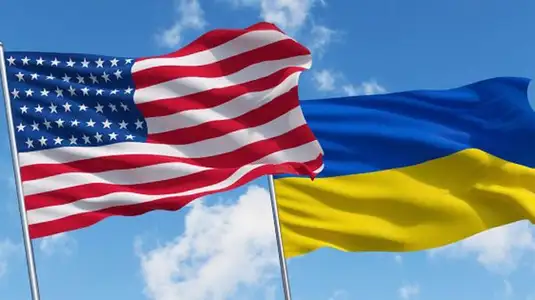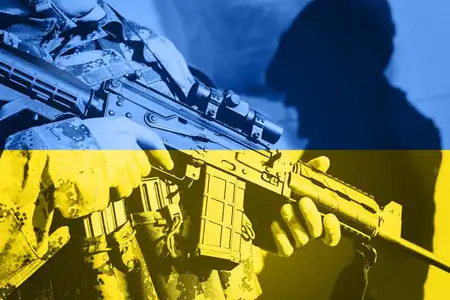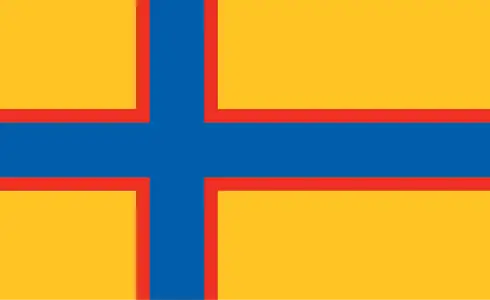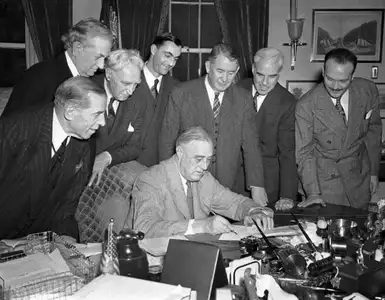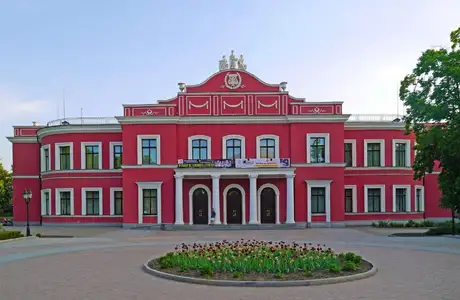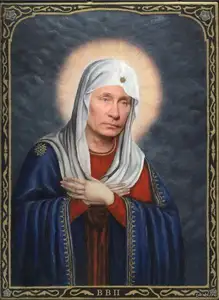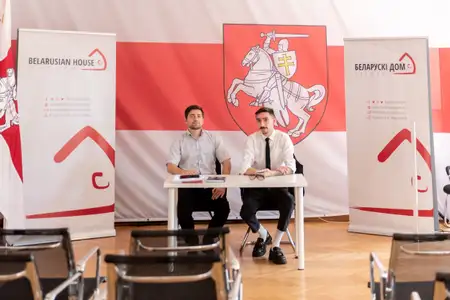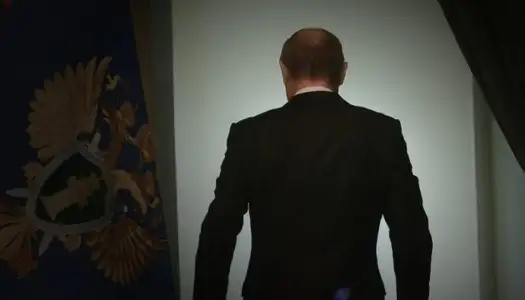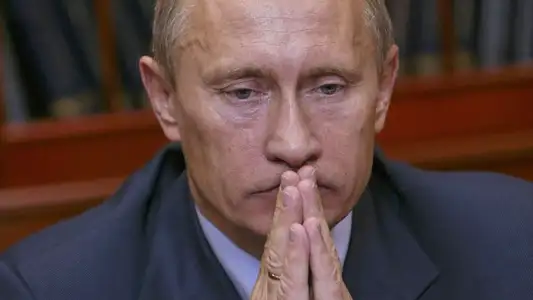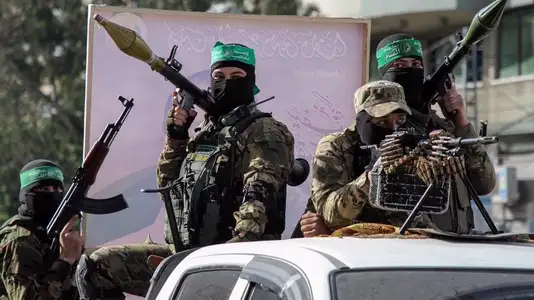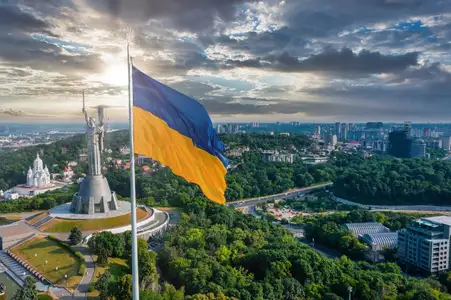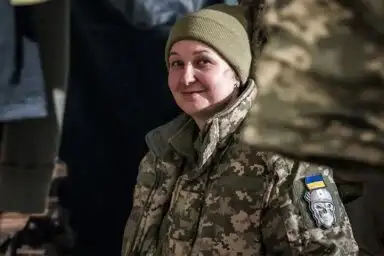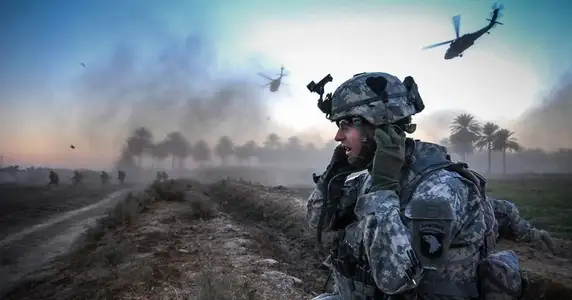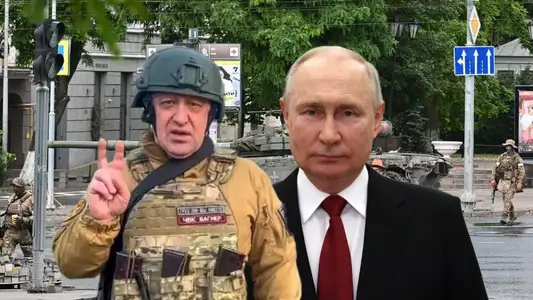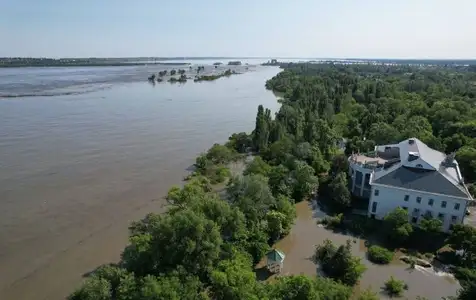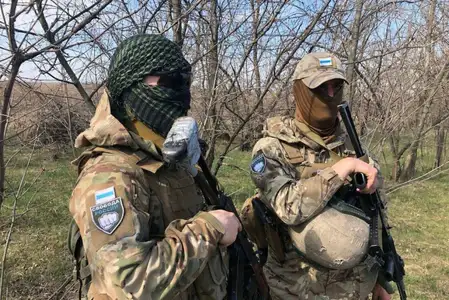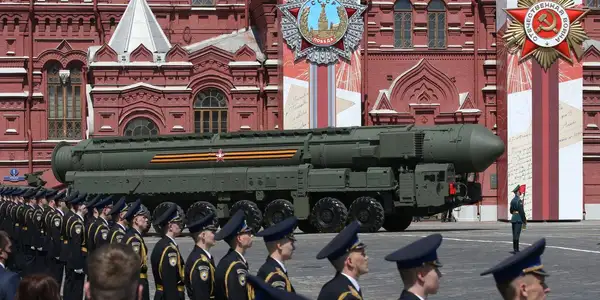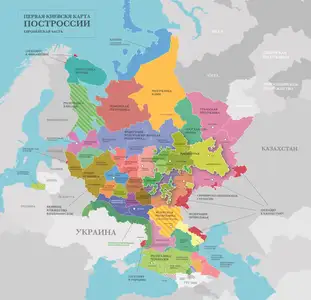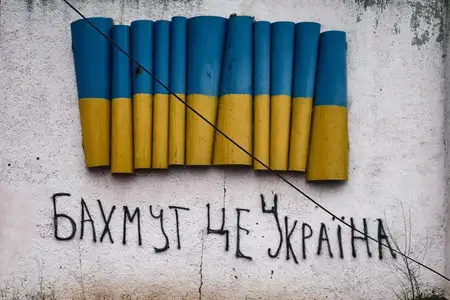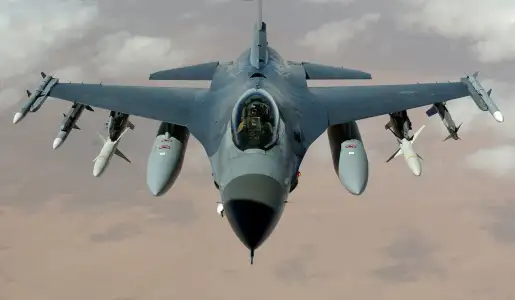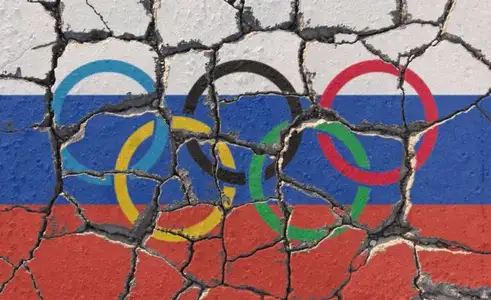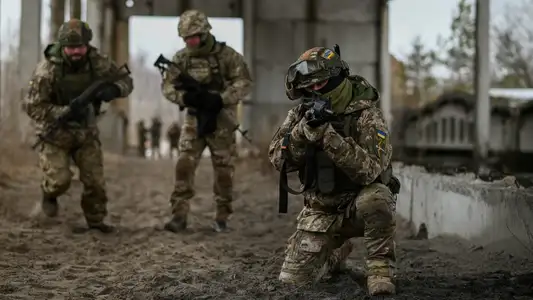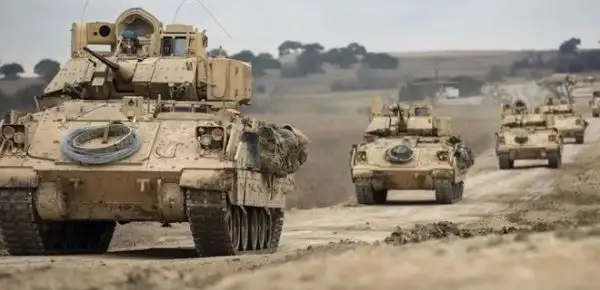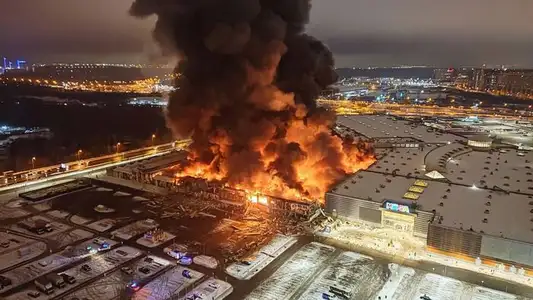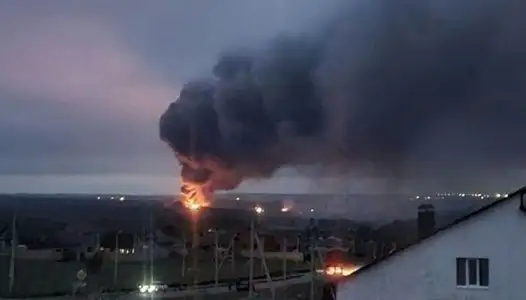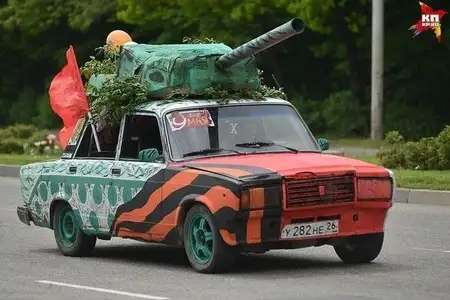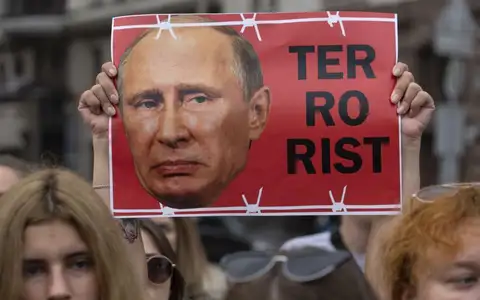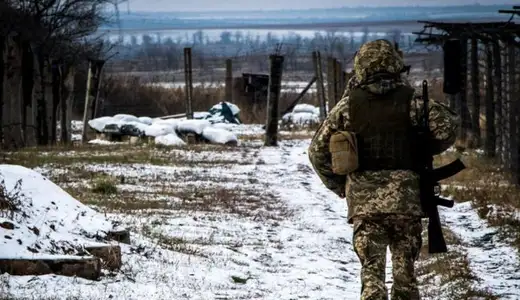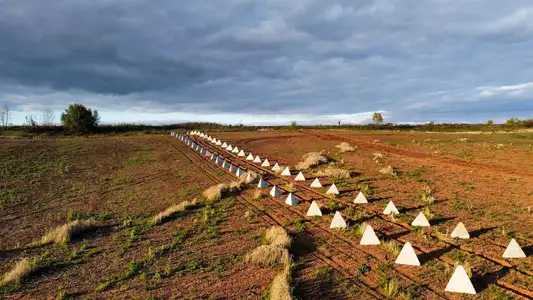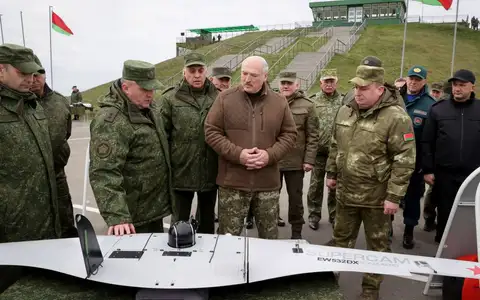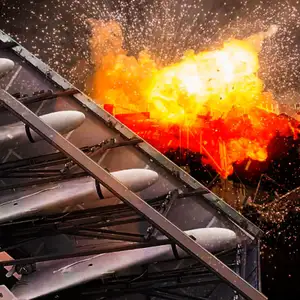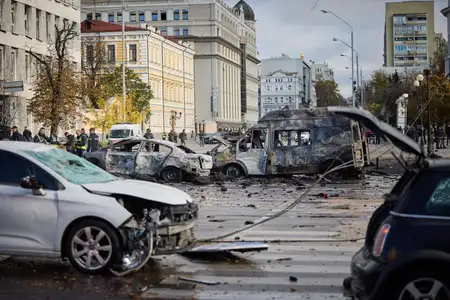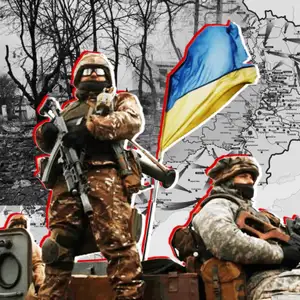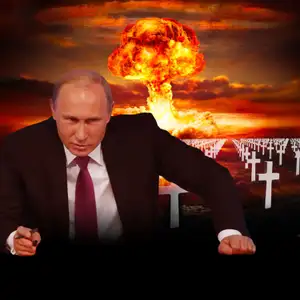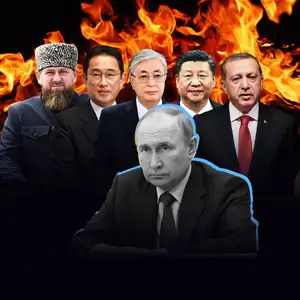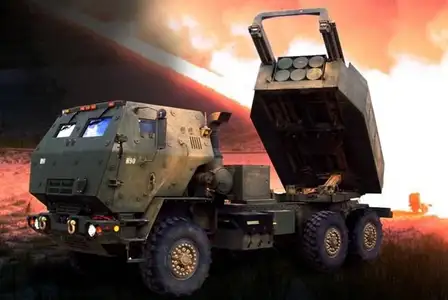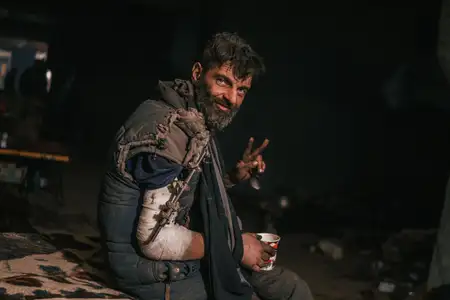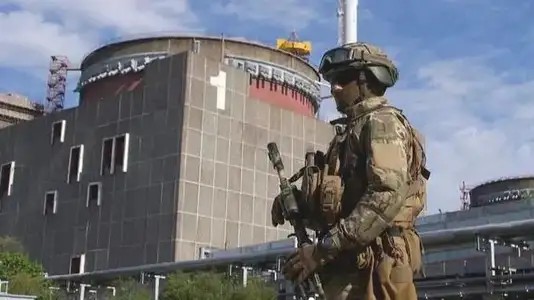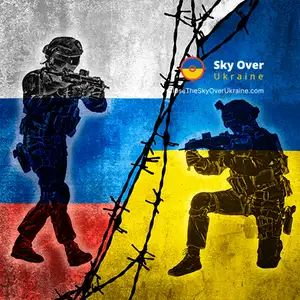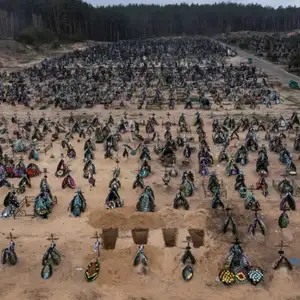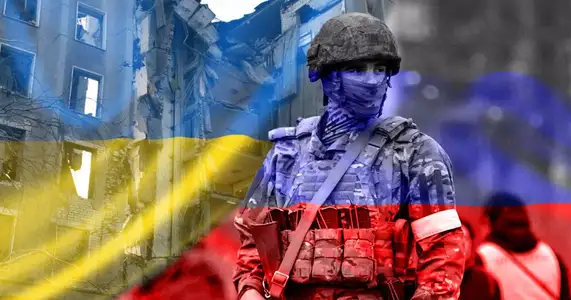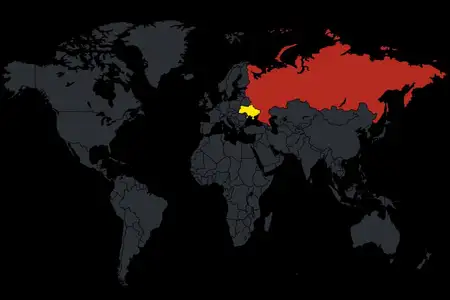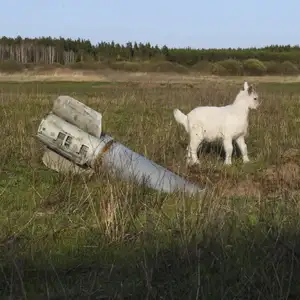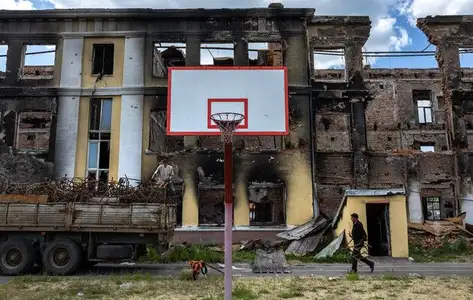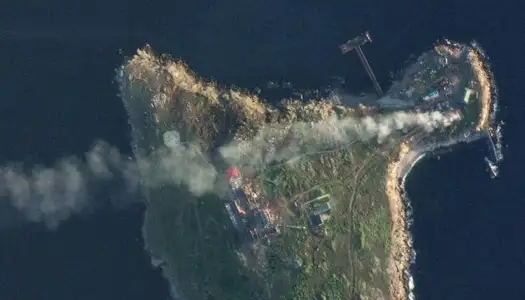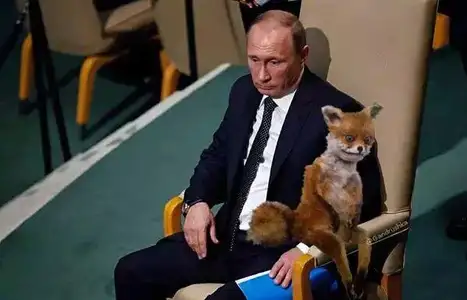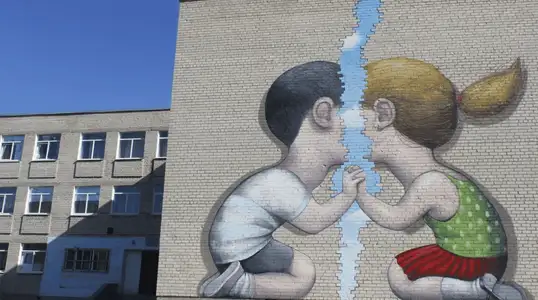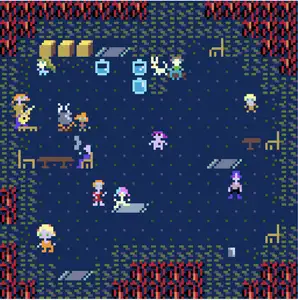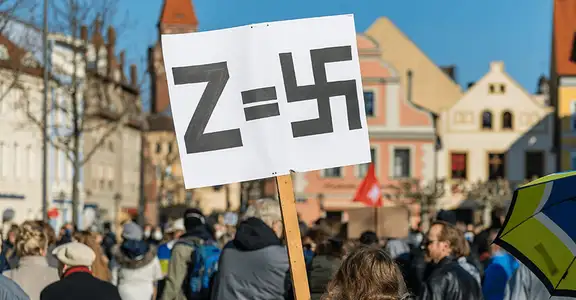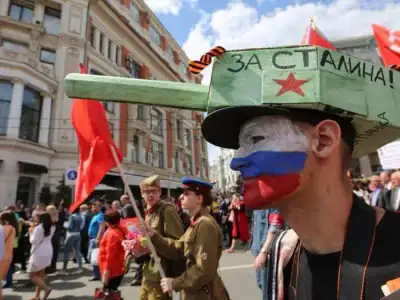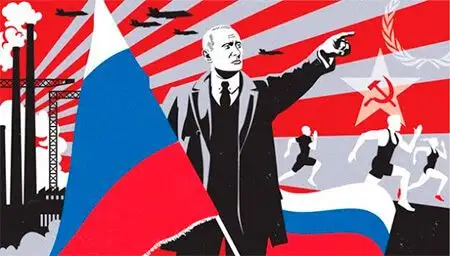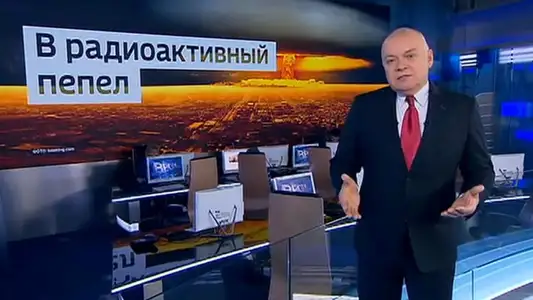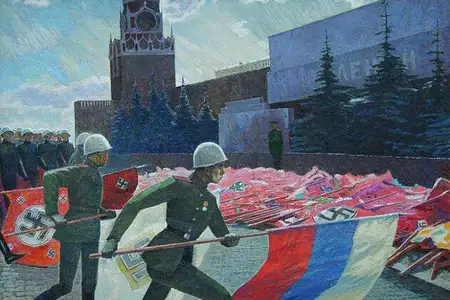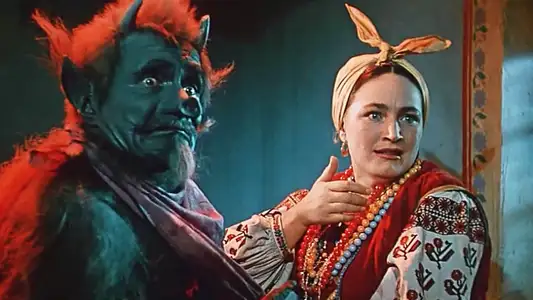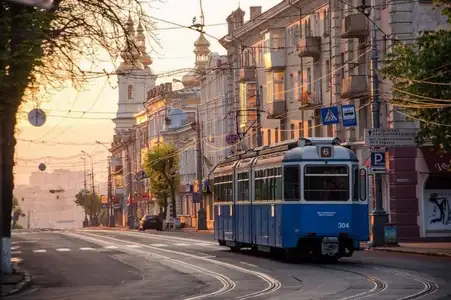Hypocrisy of Russian geopolitics: Ukraine vs. Africa
Lately the news about a map without Ukraine has been spreading in the network, which Putin showed as an argument about the inconsistency of Ukrainian statehood. According to Russian propaganda, Ukraine as a state was created by the Bolsheviks and almost personally by Lenin in the early 20th century. With this thesis, the authorities of the aggressor country try to justify the war, which they call a "special military operation”.
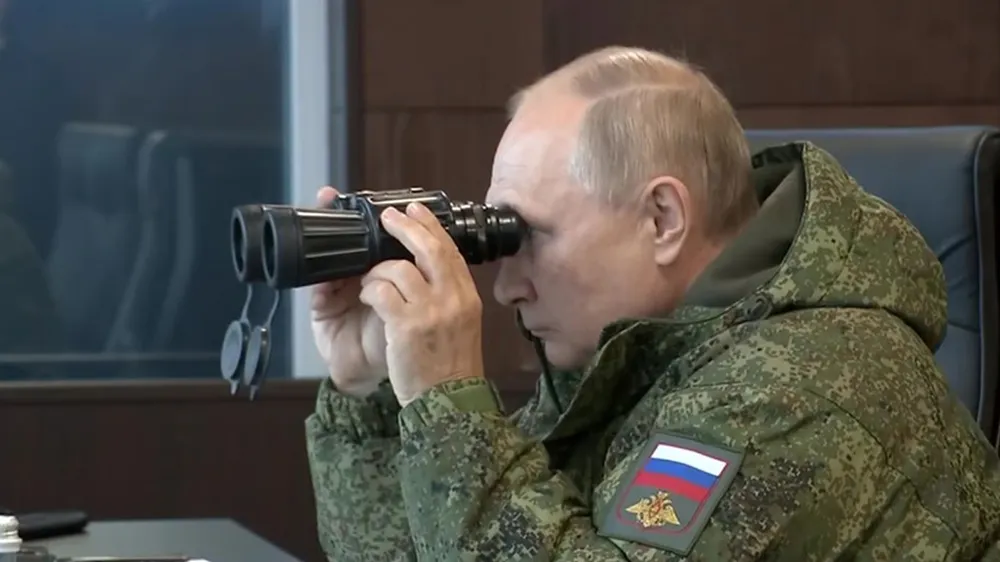
The duplicity of Russian diplomacy and propaganda has long been known, but now more than ever the problem of East-West influence over the Third World has become acute. And whereas the West acts correctly, taking into account mutual interests, and does not distort historical data, Russia, represented by Foreign Minister Sergei Lavrov, pursues a hypocritical policy, twisting these or other facts in its direction again and again. Ukraine with its centuries-old history is not a state for them, while the African states that gained independence no more than 70 years ago, are considered full-fledged partners. The partnership is supported by economic and military aid and, as a consequence, by compelling cooperation and support in international organizations.
The declared goal of the war for them is the "unification" of territories, which have allegedly always been Russian, "uniting" the Russian, Ukrainian, and Belarusian peoples into a single Russian ethnos. The propagandists are not confused by objective historical information, differences in cultures, languages, and mentality. Not only that, in their statements they themselves are constantly confused about the goals and objectives of the war.
Of course, it is a historical fact that the borders of any state are constantly changing over the centuries. The reasons may be different: secession, voluntary unification of lands, conquest, etc. But the historical record does not provide a legitimate reason for forcibly changing the borders of a currently existing state, whatever its borders were 100, 200, or 1000 years ago.
World War II completed, so to say, the redistribution of the civilized world, establishing permanent borders. Ukraine (in the form of the Ukrainian Soviet Socialist Republic, USSR) became one of the founding countries of the United Nations, and the whole world was the guarantor of the stability of its borders, even if then within the framework of the USSR. Subsequently, several more treaties were signed, the final point being the organization of the CSCE (Conference on Security and Cooperation in Europe) in 1975 which then transformed into OSCE. These organizations were created to ensure the inviolability of the borders of all nations of the planet, in order to avoid a new world war.
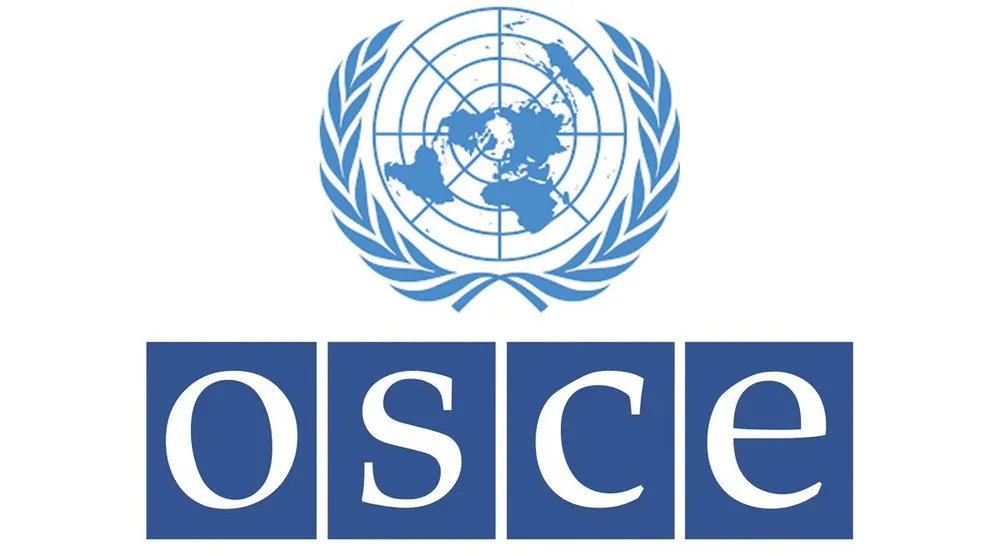
The history of Ukraine that Russia is trying to rewrite
The toponym "Ukraine" is found on many maps from various sources. Even the map shown by the Russian ideologist Valery Zorkin, head of the Russian Constitutional Court, mentions Ukraine as the land of the Cossacks, and on the site of St. Petersburg there is a land called Ingria.
Interesting fact: Ingria is a territory in northwest Russia (currently Leningrad region, Republic of Karelia), where the Finno-Ugric peoples (Muroma, Izhora, Vod, Veps) have lived since ancient times. They lived there long before joining Russia in the early 17th century. In 1990s an active nationalistic movement rose in Ingria among the representatives of local nations and their sympathizers. They stood up for wide autonomy and restoration of traditional culture. Perhaps this was carried out with the support of Finland, which had gained independence from the Russian Empire in the early twentieth century.
From the 17th century, scientific cartography in Europe began to develop actively; maps turned from artistic works into more or less accurate schemes reflecting the real political situation. Naturally, Ukraine appears on many of them.
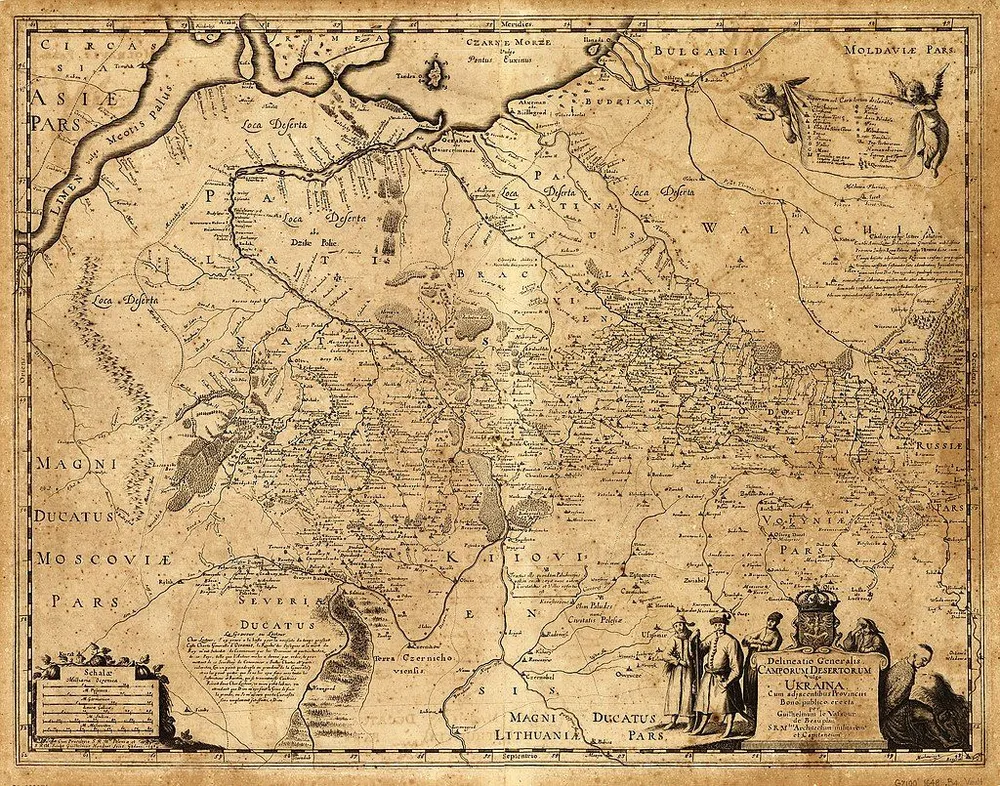
A geographical map of Ukraine and neighboring countries from 1648, drawn by the French military engineer Guillaume de Beauplan (with a southern orientation)
The toponym "Ukraine" itself traces its history back to the 12th century and is mentioned in many chronicles of that time along with the name "Kievan Rus" (powerful medieval state which experienced a decline in the middle of the 13th cent). At the end of the 16th century, part of the territory of present-day Ukraine became part of the Rzeczpospolita (Polish–Lithuanian Commonwealth) under the name Dnieper Ukraine (Naddniprianshchyna). Eventually, the name spread to more territories and caught on in the colloquial speech. In official Russian documents, these lands were referred to as Malorossia until the beginning of the 20th century.
In Russian historiography there is a version of the origin of the word "Ukraine" from the word "okraina" (which means “outskirts”), but recently this etymology has been questioned. Probably the word "Ukraine" then meant something like "native country" or "native land". Since the 14th century, both of these words existed in parallel and had different accents. In any case, this is yet another reason for the humiliation of Ukraine by enemy propaganda.
The geography of Ukrainian territories has been studied since the times of ancient Greece. Even then, numerous travelers visited the lands inhabited by the Scythians. And at that time the Trypillian culture, a highly developed civilization, which left behind many artifacts (c. 5500 to 2750 BCE), was also recorded. Trypillians and Scythians are gone into history, but the history of Ukraine continued.
The Cossack lands, which are many thousands of square kilometers, were constantly marked on European maps. Western geographers were careful with their work, especially since European rulers sent them to the east to map vast uncharted territories, among which was the territory of modern Ukraine. Many of the maps of that time fully described the Dnieper Ukraine and other territories of the country: Polissia, Podillia, Bessarabia, Volhynia, Crimea, etc.
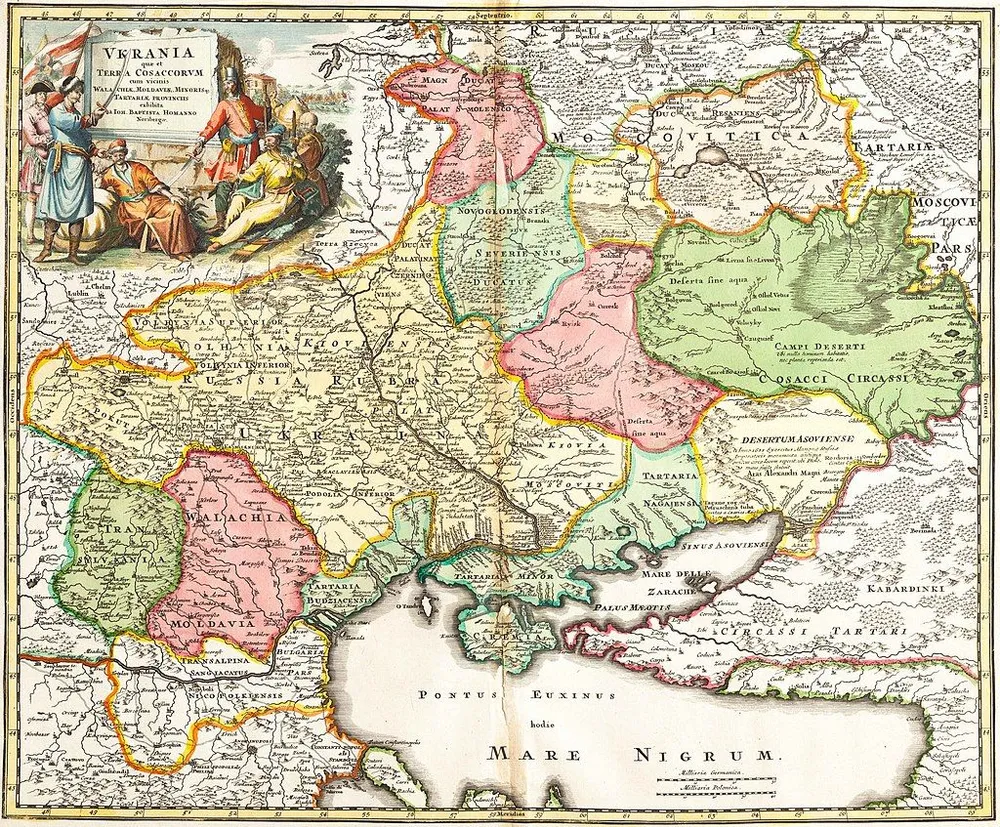
Ukraine as Cossack lands, with neighboring lands, Johann Baptiste Homann (Nuremberg, 1720)
Throughout history, Ukrainian lands have been at the crossroads of both commerce and war. Fertile lands and, later, discovered rich deposits of minerals made Ukraine a tempting target. A strong state on this territory was of no benefit to anyone, especially the Russian Empire. As can be seen, an independent Ukraine even now bothers its "northern neighbor”.
In the middle of the 17th century the Cossacks formed their own state, Hetmanshchyna (or Cossack Hetmanate), on a part of the Ukrainian territory. It was one of the strongest and most integral Ukrainian state formations. Hetmanshchyna was created by Bogdan Khmelnitsky, a great military leader and diplomat, who was able to defend the autonomy despite the fact that the Ukrainian lands were claimed on all sides by Poland, Russia, and the Crimean khans. Hetman Ivan Mazepa, whose successor, Philip Orlik, drafted the first Ukrainian constitution, played an important role in establishing and strengthening the influence of the state. Hetmanschyna, being a part of the Russian Empire, preserved a certain autonomy for some time, but in the mid-18th century this autonomy was abolished.
Interesting fact: there were conditionally autonomous entities on the territory of the Russian Empire, such as the Grand Duchy of Finland and the Kingdom of Poland. Ukraine, after the disintegration of Hetmanshchyna, was simply divided into several provinces.
Selective logic of the geopolitical position of modern Russia
The geopolitical position of modern Russia is based on many contradictory positions. The Russian side does not recognize the legitimacy of Ukraine, arguing that Russians and Ukrainians are “one nation”. Some historical factors, such as different histories, cultures and languages, are ignored, while others, such as the presence of Ukrainian lands within Russian states in certain periods of time, are exaggerated and distorted in order to confirm the commonality of these states even now.
The fact that Russia itself has changed its borders over the centuries is ignored; Russia has lost and gained territory, and on this basis, we can also question its current statehood. But this is nonsense, because it applies to all modern states!
A hypocritical and two-faced manifestation of such a position of the Russian authorities is their "flirting" with African countries in order to gain support for the war against Ukraine. They forget that historically most of the modern countries of the Black Continent were formed in the 1950s and 1960s, before that they were colonies, and even before that they had had no statehood at all. According to the logic of Russian propaganda, they cooperate with "non-existent states”.
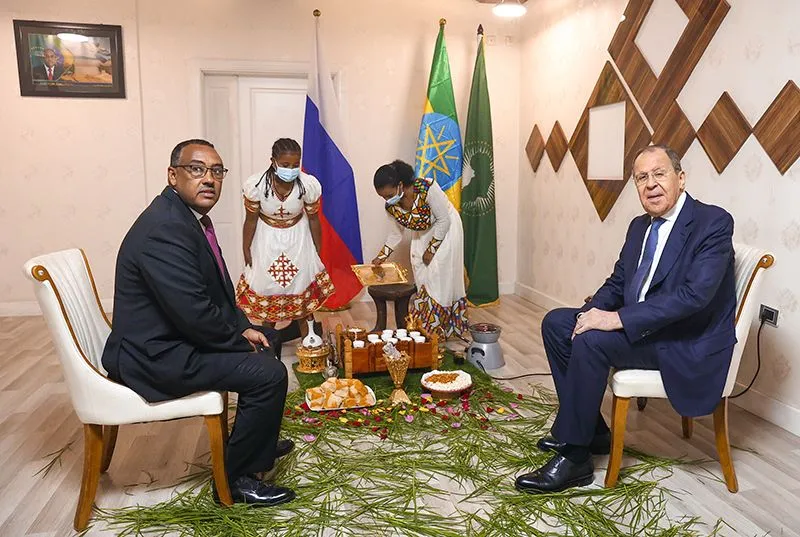
Russian Foreign Minister Sergei Lavrov's working visit to Ethiopia, July 2022
Russia (formerly the USSR) traditionally seeks partners among the Third World, often rogue states (North Korea, Iran, Libya). By assisting them, the aggressor country expands its sphere of influence, which is important in conditions of total isolation from the civilized world. In the conditions of the full-scale war against Ukraine, such cooperation allows Russia to maintain at least some import and export relations, keep the ruble exchange rate and maintain its geopolitical position.
For example, among the influential African countries is South Africa which stands out with its pro-Russian sentiments and refused to recognize international sanctions. In 2022, immediately after the start of the full-scale invasion of Ukraine, joint exercises of Russia, China and South Africa were held. In the same year, exercises were also held with Algeria, which is a major importer of Russian arms and which has complecated relations with its western neighbor, Morocco.
Egypt is a long-standing partner of the USSR; the country has not interrupted economic ties with Russia since the outbreak of war. In particular, the construction of Egypt's first nuclear power plant has begun, and supplies of weapons and food continue.
Against the backdrop of a formal lack of condemnation of Russian aggression, many African countries are developing relations with Russia in one sphere or another. The Russian authorities are primarily trying to win in the political arena, possibly at the expense of economic interests.
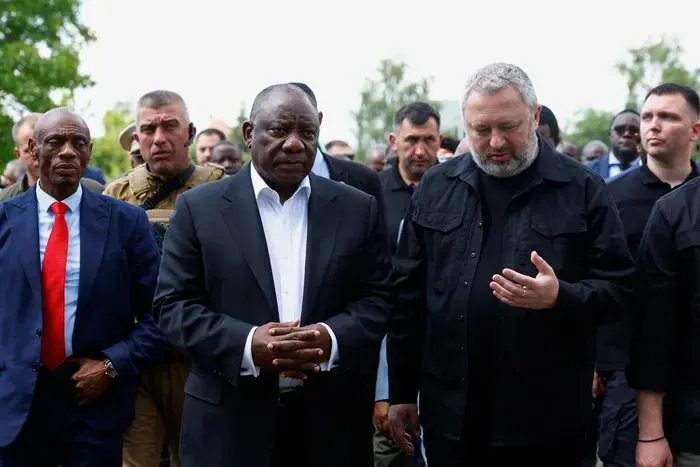
African delegation in Kyiv on June 16, 2023
On June 16-17, an African delegation visited Kyiv and Moscow with a proposal of a "peace plan”. It included the leaders of South Africa, Senegal, the Comoros, and Egypt. Despite its claims that it wants to negotiate, the Russian regime continues its cynical policy, and during the African leaders' visit, Kyiv came under serious missile attack again. The African dignitaries were frightened by exploding Russian missiles shot down by Ukrainian air defenses.
However, the conclusions drawn by the leader of the delegation, South African President Cyril Ramaphosa, seem extremely superficial. South Africa, like other African countries, is far removed from the conflict and is trying to remain neutral, without provoking an aggravation of relations with anyone.
Their "peace plan" implies peace talks under such conditions, which in any case will not be accepted by the Ukrainian side. What the African leaders are really concerned about is the grain initiative – the supply of Ukrainian grain to the poor countries of the continent. And the least of their worries is the fate of the inhabitants of Ukraine, who have been suffering from Russian aggression for a year and a half now.
Serhii Kolomiiets
